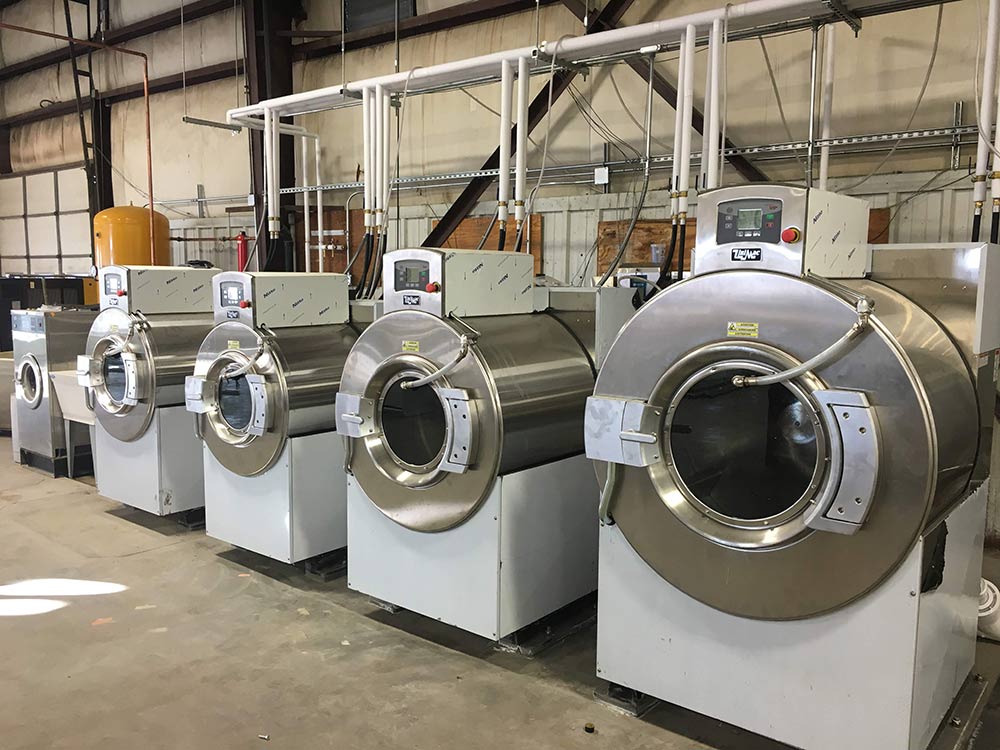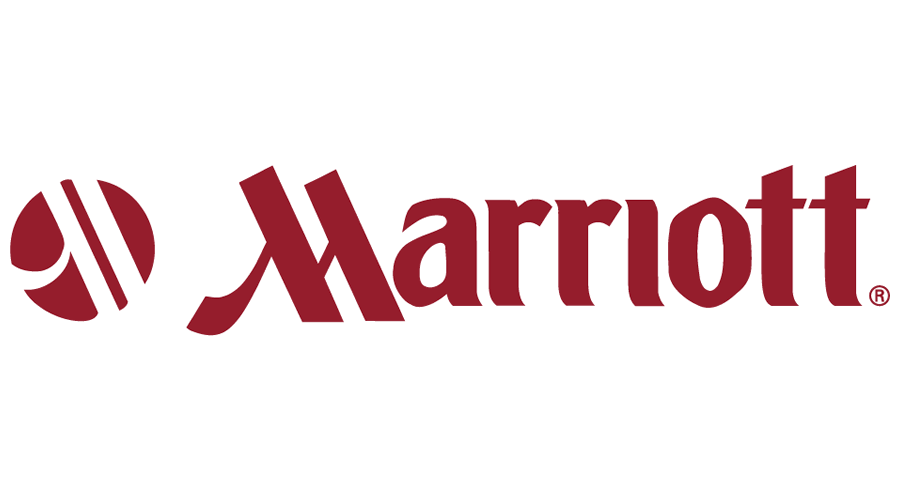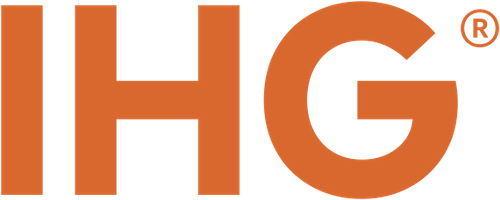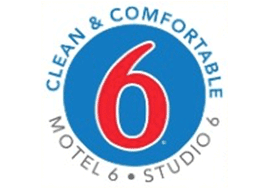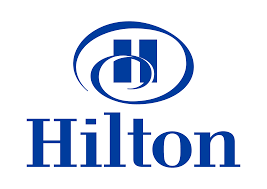If you have a commercial laundry service, you also know how much serving they may need. You will also know that it can get very expensive. For a facility with multiple machines, prevention is the best cure.
While it is great to have professionals come out and fix the machines, there may be some things you can do on your own. You may be running up the costs that you really don’t need to be.
Machine Parts
Having said that there are things you can do on your own but you should really have some training before attempting. Taking the machine apart may also invalidate your warranty and cause even more damage.
A clogged drain should be handled by your own maintenance team. Just like regular cleaning and simple checks that everything is as it should be. If you see a bigger problem, always call and tell your repair team what it is and ask for their advice before going ahead with your own repairs.
When it comes to parts, even small parts, you shouldn’t do that on your own unless you are certified to do so. You can cause a lot more damage, and end up still needing the repair technician to come out and fix it all up for you.
Always ask your equipment dealer to educate the staff that maintains and uses the laundry equipment. If there is a small problem they can fix, perhaps a small checklist would be beneficial for everyone, rather than sending for the repair team every time.
It’s also important to buy the parts that are needed and recommended for that type of machine. Just because non-brand name parts will fit or work, doesn’t mean you should buy them.
Using knock-off parts can do more damage to the machines. The parts might seem fine, but they will rarely fit or work the ways they should. This leads to more damage, more down-time, and ultimately, more money.
Always depend on your vendor to fix the machines, change and supply the parts, and let them do the work. That’s what they are trained to do. Getting in yourself with less-than-ideal parts is just asking for trouble.
Supplies
The same can be said about the supplies being used when washing and drying clothes. For commercial machines, they are built to withstand a lot. But it doesn’t mean that anything goes. You can actually damage the machines by using full-strength products that are introduced into the machine without being diluted.
Of course, some laundries have certain requirements. A hospital, for instance, would need chemicals to sterilize and remove blood and other substances that are brought on from surgeries.
Hotels need detergents and fabric softeners to make sure their guests are as comfortable as possible. A coin laundry can see all sorts of bleaches, detergents, and other substances people think might help get their clothes clean.
A large kitchen will see grease stains, blood, food stains, and all kinds of odors get trapped, as well. Towels from kitchens and bathrooms can’t be washed together, so those needs will also be different.
On top of what needs to be cleaned is the environmental impact. People want to use soaps, detergents, and other cleaning supplies that are safe when drained into the system.
Ask your vendor for recommendations. They will have supplies that will work best in these unique situations. Using the wrong supplies can damage the material of what you are cleaning and the machine washing them.
Your supplier should be able to handle everything you need, to provide you with one-stop-shopping. Hand towels, wall-mounted hand soaps, sanitizers, ozone cleaning supplies and detergents, and any types of cleaning supplies that are disposable.
Respect the Machines
If certain machines will have dos and don’ts when it comes to what can and can’t go in the machines. It is vital you follow these guidelines to ensure the long life of the machines and the gear being washed and dried.
For more information, contact RJ Kool to find out what they can do for you and your commercial laundry facility. From service and maintenance to parts and supplies, RJ Kool is your partner for stress-free commercial laundry and cleaning equipment, and washing system management.

